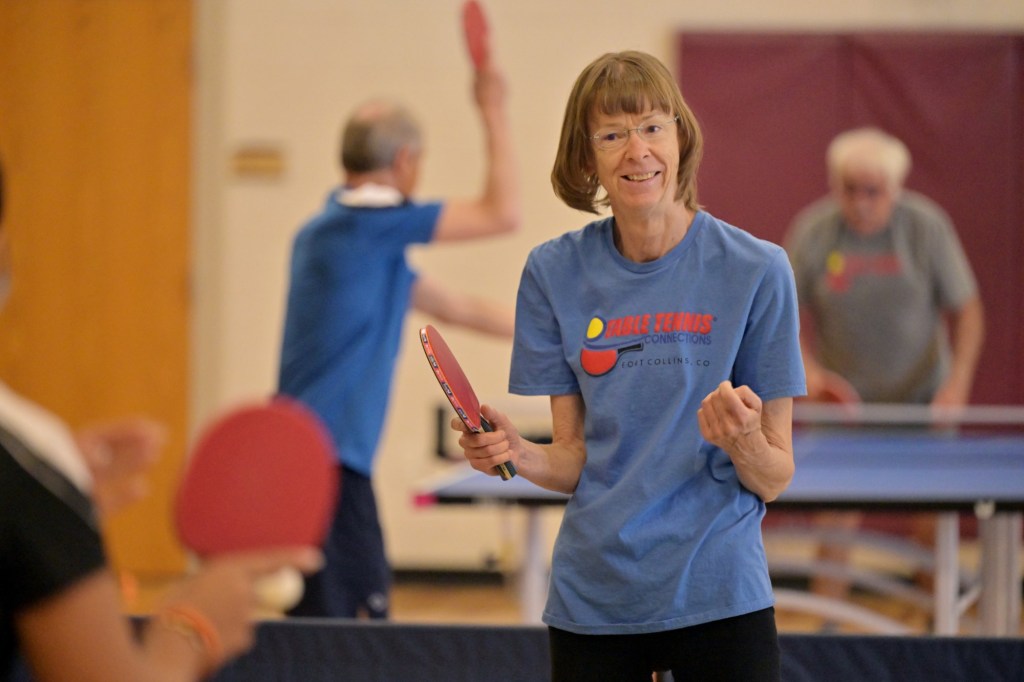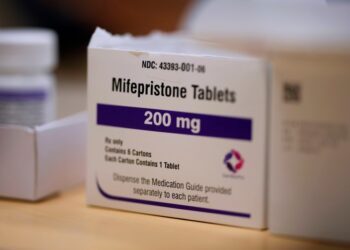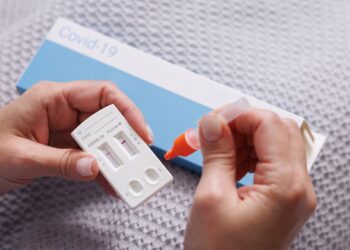Mark Lauterbach was leaving a brewery in Fort Collins earlier this year when he found himself being pelted by hail. Instinctively, he took off running toward his car.
When he made it, he burst into tears.
“I felt like Forrest Gump,” Lauterbach said. “I ran, and I just cried. It’s been incredible.”
The 58-year-old, diagnosed with multiple sclerosis eight years ago, thought his running days were long over. But playing pingpong, he said, had brought back the gift of running.
Lauterbach credits table tennis for a vast improvement in his overall mobility. The Colorado-based NeuroPong program he participates in is now being researched by scientists investigating the link between neurodegenerative conditions and the game often associated with parents’ basements.
After his diagnosis, Lauterbach dealt with neuropathy along the right side of his body that rendered the movement of his arm, hand, leg and foot difficult. He developed balance problems and could no longer run or ride his bike around Fort Collins.
But about a year ago, Lauterbach received an email from the Multiple Sclerosis Society about a pingpong group established to help people with neurodegenerative diseases like MS, Parkinson’s and dementia.
The NeuroPong program, led by founder and CEO Antonio Barbera, marries medicine with the love of the game. Barbera brings his 31 years as a physician — interrupted by an MS diagnosis in 2017 — while 27-year-old Peruvian table tennis champion Francesca Vargas provides the pingpong expertise as head coach and fellow MS patient.
After about three months of sessions inside a Fort Collins church gymnasium under the tutelage of Barbera and Vargas, Lauterbach began regaining his balance and learning actual pingpong technique.
Researchers at the Movement Disorders Center on the University of Colorado’s Anschutz Medical Campus were so intrigued by the anecdotal success stories they heard that they began studying the NeuroPong players’ symptoms and…
Read the full article here







